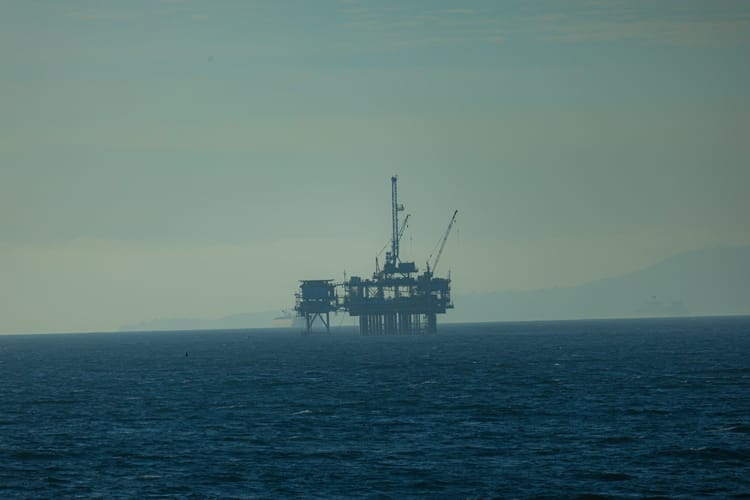Climate disclosures grow, but quality still lacks: CDP

The number of companies making climate disclosures through CDP grew by 24% in 2023, but only 2% of disclosures were deemed high quality.
Environmental disclosure non-profit CDP rated more than 21,000 companies that reported information through its climate change, deforestation and water security questionnaires last year. Just under 400 of them were recognised as leaders for disclosing “actionable, high quality environmental data”.
‘A list’ companies are those that provide the most accurate picture of their impacts and are considered best prepared to meet new regulatory reporting requirements and take action to mitigate both impacts and risks.
They include Danone, L’Oréal, Accor, Philip Morris International, Google’s parent company Alphabet, Asahi Group Holdings (which recently got a new Chief Sustainability Officer), BCG (whose CSO David Webb recently shared his recommendations for a successful sustainability strategy) and many more.
The number of ‘A list’ companies grew just 14% last year – much less than overall disclosures. This is partly because CDP continually raises the bar on what qualifies as high-quality disclosures. For instance, in 2023, ‘A list’ companies were required to provide 100% verification of their Scope 1 and 2 emissions with no significant relevant exclusions (compared to 70% in 2022).
CDP disclosures largely focused on climate change
However, only 10 companies received an A score across all three questionnaires: the majority focused much more on climate change data than deforestation or water security. This is likely to change in the coming years: CDP notes that the number of companies requested by their investors to disclose against all environmental issues almost tripled between 2022 and 2023.
New disclosure frameworks, such as the Task Force on Nature-Related Financial Disclosures (TNFD), are also likely to help companies recognise the interconnectedness of these issues in the coming years. TNFD recommendations have already been adopted by more than 300 companies in 46 countries.
“The stark reality is that we are incredibly far behind where we need to be, and progress is much too slow,” warned CDP CEO Sherry Madera. “Earning a place on the A List is about more than the score. It’s an indication of high quality and comprehensive data that equips companies with a holistic view of their environmental impact, serves as a baseline for transition plans and – crucially – enables them to follow through on their stated ambitions. And yet it is still a minority of companies that are rising to the challenge. Without transparency and accountability – followed by immediate action – claims of sustainability are meaningless.”
These results echo the findings of the latest TCFD progress report, which showed that companies still report less than half (5.3) of the 11 TFCD climate disclosures.







Member discussion